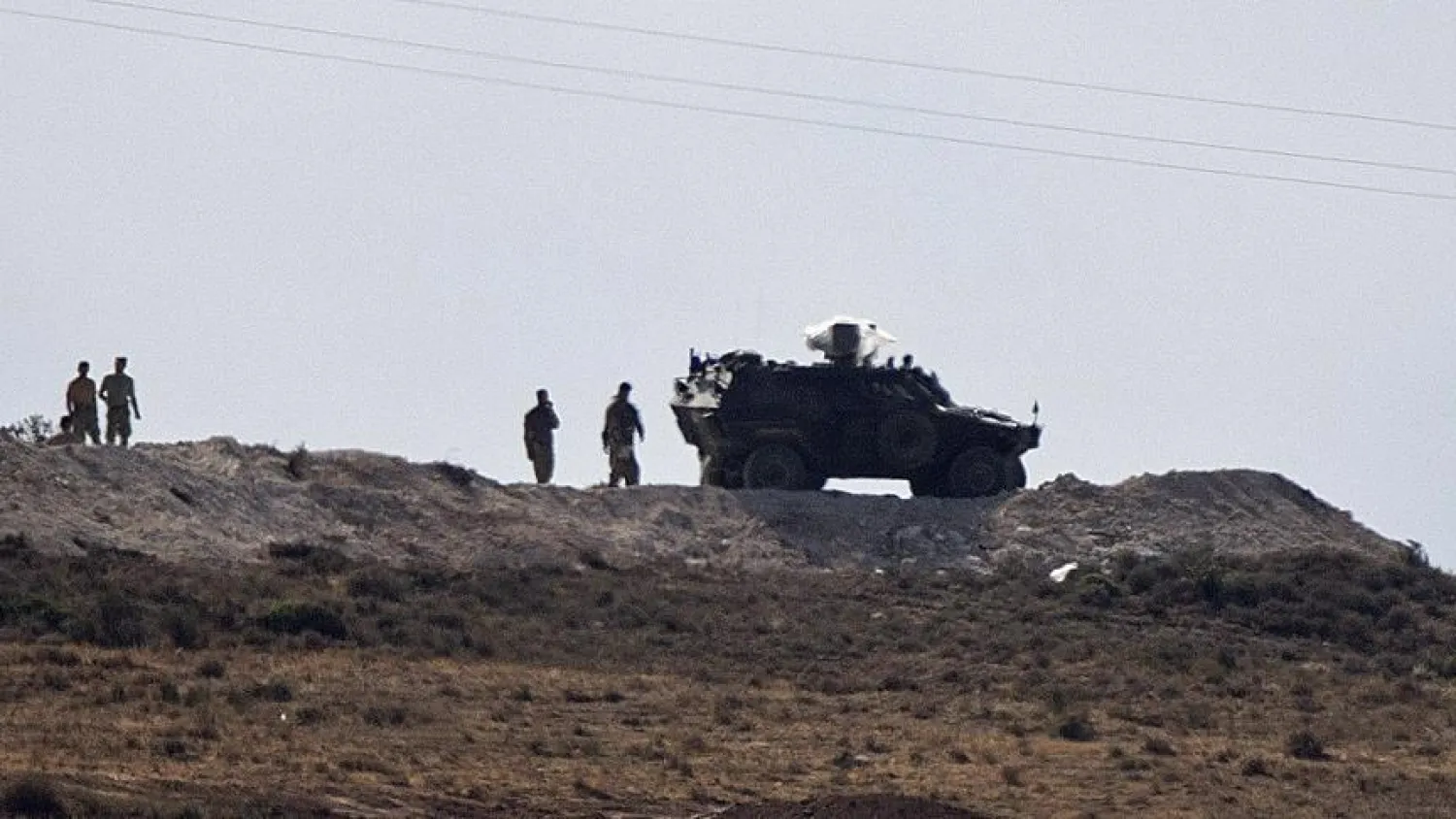The Kurdish-dominated Syrian Democratic Forces (SDF) announced on Sunday that their units controlled al-Omar oil field in the Deir Ezzor province after ISIS pulled out from the area.
The SDF said in a statement that it captured the field in a "swift and wide military operation.”
The announcement came amid reports that tribal representatives from Deir Ezzor were mediating with the terrorist group to convince the latter to hand over to the SDF units an area of about 110 kilometers located on the eastern bank of the Euphrates River.
On Sunday, the Syrian Observatory for Human Rights spoke about the presence of a comprehensive agreement that stipulates the full withdrawal of ISIS militants from the countryside of eastern Deir Ezzor.
However, a leading Syrian tribal source told Asharq Al-Awsat that the agreement “is limited to handing over al-Omar oil field and its surrounding villages to the SDF units in exchange for the safe withdrawal of ISIS militants from Raqqa to east Deir Ezzor.”
On Sunday, the Syrian regime admitted that the SDF controlled the oil field. Assad’s forces have been in a race in the past three days to reach the area but were faced by an ISIS counter-attack last Saturday.
Separately, the Turkish army continued on Sunday deploying more forces in the Hatay province, as part of an international agreement to establish de-escalation zones and which stipulates the deployment of Turkish troops in Syria’s Idlib province.
Reports said that Ankara plans to establish eight bases in northern Syria.
According to information obtained by Yeni Safak newspaper, the locations of four of the bases are almost decided. The first base is located in the strategically important Mount Barakat.
The Taftanaz Air Base and the Abu al-Duhur Military Airbase are also two separate points that the TAF uses.
The newspaper added that the Turkish troops were also capable to control the Wadi al-Deif region, which was the largest garrison of the Assad regime in Syria.
It said that although the locations of four bases are almost finalized, information on the locations of the remaining bases has not yet been released.









